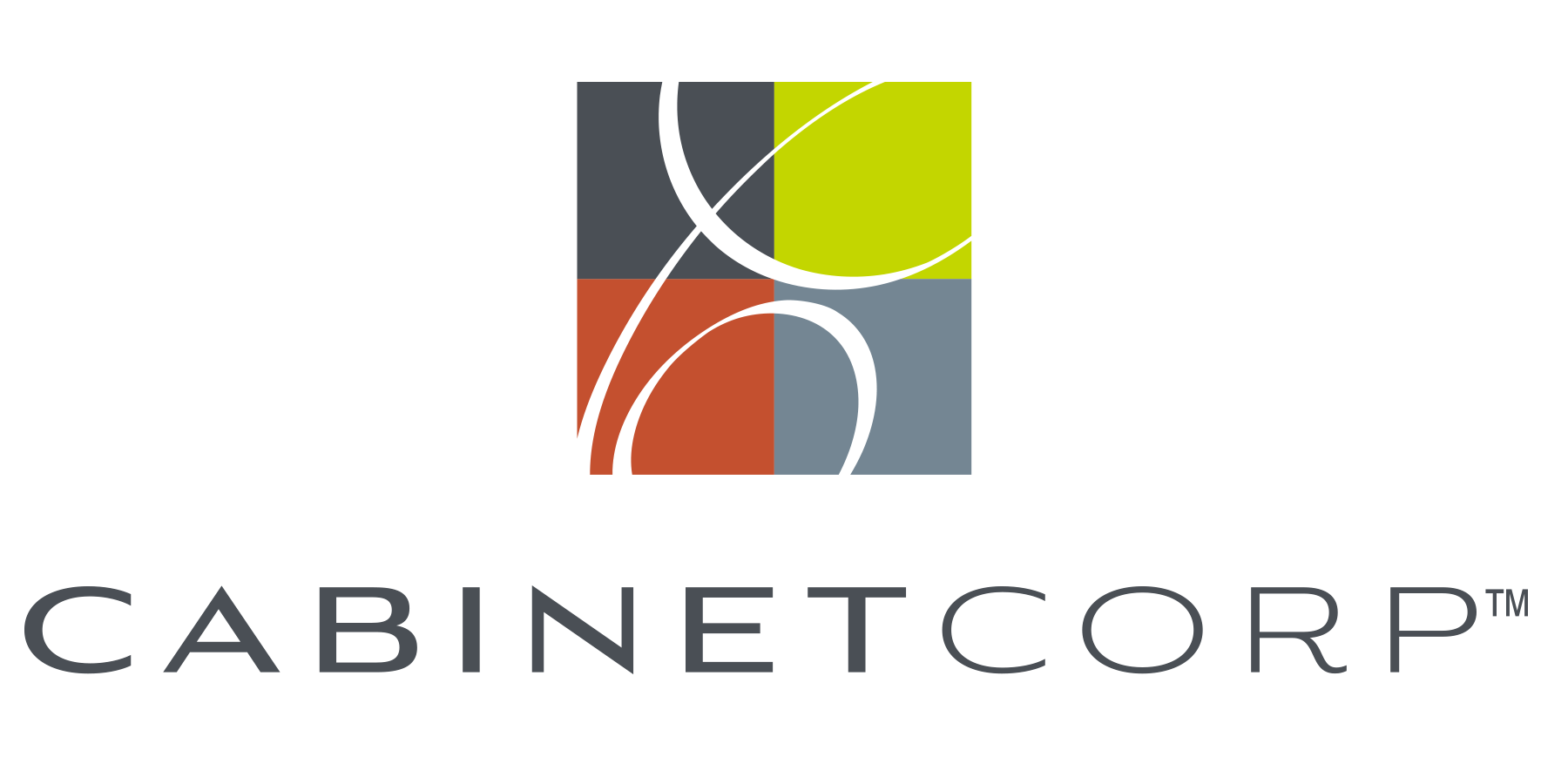There may be a spike in the number of people getting into real estate investing, but it’s not for everyone: A highly competitive space in the industry, real estate investing is for people who are professional, know how to establish genuine connections and have a clear vision for the future.
However, the industry sees too many people entering and exiting without any success and that’s because they commit a variety of newbie mistakes like investing money in a property they don’t really have a plan for; not doing their homework before signing a deal; and believing all those “get rich” scams that surround the industry and finding out the truth the hard way.
Read on to discover the six secrets behind every successful real estate investor.
Thinking and Acting Like a Business Owner
If you’re serious about investing, then you know it cannot be just a hobby or a side hustle. You need to look at it with the eyes of a business owner who works according to a plan; doesn’t let everyday life get in the way of achieving short-term and long-term goals, and chalks out strategies that not only achieve goals but do so efficiently. Being aware of the big picture for your business and not losing sight of it even in the face of setbacks is key. Every step involved in the complex process of real estate investing needs to analysed before you can make your first move.
In other words, successful investors keenly study the market they want to operate in; keep track of current mortgage rates, what comparable homes are selling for and how long they typically stay on the market and consumer spending habits. Such a deep analysis of the market allows them to be ready when the next big change occurs. The other thing that differentiates successful investors from the not-so-successful is their commitment to high standards. Though there aren’t any laws binding them to operate ethically, they know that cutting corners isn’t going to win them anyone’s love. They are aware of the risk involved in a business like real estate investing and do everything to protect their business and their properties from risks by adhering to the law.
Choosing a Niche and Mastering It
If you’re just starting out in the real estate industry, it’s okay if you want to try your hand at a few niches and experiment. You could explore if working with residential or commercial properties is for you or, you could give wholesaling and house flipping a chance. However, don’t take too long to decide what motivates you the most. And once you’ve identified a niche, attack it with gazelle intensity and master it.
Take the time you need to put down firm roots in your chosen niche – read everything you can find to learn about your specialization; reach out to like-minded people, and find a mentor who can show you the ropes. Mastering your niche is absolutely essential to succeeding in it, irrespective of whether you choose real estate investing or not.
Building Business With Relationships
What people have to say to you and about you makes a huge difference. If this is your business, then treat every single person you encounter with respect and courtesy. Your business partner(s), clients, renters and other business associates are all people who will be affected by the way you treat them. Successful investors don’t overlook any detail, take every concern raised seriously and go out of their way to fix problems. This kind of care and attention to detail can cement your reputation as someone who respects the people he works with and paves the way for future projects and better clients.
Networking with other professionals and learning the tricks of the trade from mentors can work wonders for your business. A good investor knows that this is a trade that can only be learned by observing other successful investors and emulating their best practices. Your networking skills can ensure you are privy to new leads, have the support of professionals and build a business that benefits everyone involved.
While your relationships with other people are important to building a positive brand for your business, it’s not enough to scale it. Success is found by those investors who know how to tap into the goodwill they have among their peers, business associates, and clients. Investors need to put in place systems to collect referrals and testimonials from everyone they work with. These recommendations can open new doors for them and those with great referrals and testimonials are successful by default.
Staying Current With the Industry

For instance, the government made it mandatory to disclose the use of lead-based paint, levying heavy penalties from defaulters; in some states, it’s illegal to rent out property to drug dealers; people with HIV now fall under the “protected class” with regards to housing; and it’s mandatory for sellers to provide full disclosure. A successful investor is not only aware of such laws but is also ready to make the necessary changes when these rules change. They understand that in the eye of the law, ignorance is no defense.
A fundamental understanding of market mechanics is also what sets apart successful investors from the rest. They invest their time and energy into learning the basics, which may not always be fun so that they can tackle any change brought upon by market factors. They lay a strong foundation for their business by understanding the principles of business, the industry as well as their specific niche. They are aware of the economic principles that dictate market fluctuations, monetary policy, and economic cycles. But, most importantly, successful investors have humility – they are not the ones who will trumpet their knowledge but neither will they shy away from passing it on to anyone who needs it.
Building A Professional Team
Not everyone has the full spectrum of skills required to run a thriving business and the ones who are ahead of the game know when to seek the help of others. They know that they cannot single-handedly take care of business affairs, taxes, legal issues and leaky faucets. The smart among investors enlist the services of a reputable tax accountant who can help them with the numbers; an attorney to advise them on legal issues; a general contractor to assist in fixing properties and a mentor who can show them how it’s all done.
While it might look like additional expenses to hire these people, the successful among investors know that it’s better to get it right the first time (with help) than to DIY everything and get it all wrong. Over time, they build teams that are full of people who excel at what they do, making success certain.
Owning Mistakes and Learning From Them

And, successful investors are those who learned something from their mistakes. They are not afraid of getting it wrong but commit to never repeating the same mistake twice. And the way they handle their failures does a lot to improve their reputation in the community.
Your Success Depends on Your People
The real estate industry thrives on good working relationships between people: People who can not just form opinions about your work ethic, but share them with their extended circle. So how you hold up in the face of crises will determine the kind of reputation you build for yourself. It’s a highly volatile industry, where the risks are as big as the gains. But being successful isn’t about money alone – it’s about how you make that money.




























































